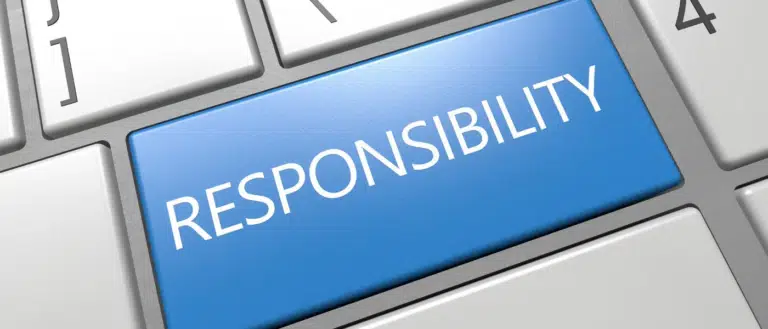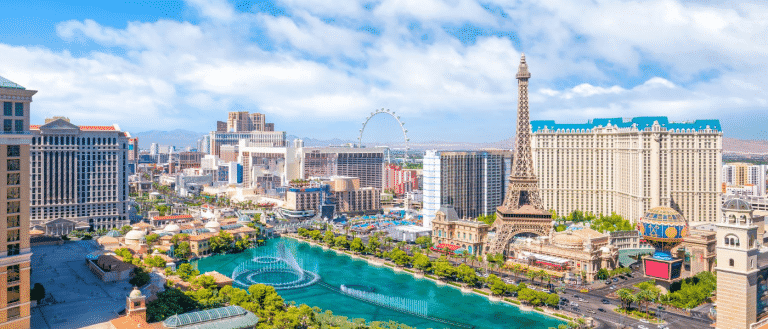Does Online Betting Cannibalize Land-Based Gambling?

The COVID 19 pandemic has helped spur mobile sports betting in the US, but the opposite may be true for online casinos. Rather than highlighting the benefits of online casino gambling, COVID has allowed one of the key issues thwarting legalization efforts to linger: cannibalization.
Outside of Nevada, cannibalization was never a concern for sports betting, as the activity was illegal in the other 49 states. Put plainly, brick & mortar retail sportsbooks didn’t exist to cannibalize. That is not the case with casino gambling.
Industry watchers snicker at cannibalization concerns. Whether it’s Las Vegas sportsbooks opposing the repeal of PASPA or sticking with in-person registration over fears of fewer visitors, or convenience stores expressing concerns that online lottery products will kill their businesses, or land-based casinos worrying about current customers gambling on their phones instead of visiting the property, there simply isn’t any evidence that online gambling products negatively impact corresponding retail gambling.
Unfortunately, cannibalization continues to be a cause for concern in certain pockets of the industry.
Where Is The Evidence That Online Gambling Cannabilizes The Retail Industry?
The potential for online gambling to cannibalize land-based gambling has been thoroughly debunked over the years. The experiences of online casinos vis-à-vis land-based casinos in several states and the introduction of online lottery products in a dozen states haven’t produced any evidence of cannibalization, at least in the near term.
But evidence refuting cannibalization goes back much farther than the era of legal online gambling in the US, which began in 2013.
Brick & mortar poker rooms were busiest during the online poker boom (2004-2011). During that period, casinos that never offered poker or shuttered their poker rooms long ago suddenly removed slot machines to make room for poker tables.
To put this era in perspective, in 2002, there were 57 poker rooms and 386 poker tables in Las Vegas, and the World Series of Poker Main Event drew 631 entries.
In 2006, poker room and table inventory skyrocketed to 106 and 886, while the WSOP Main Event attracted 8,773 entrants.
The same scenario unfolded in reverse following Black Friday, as Kyle Kirkland, the president of the California Gaming Association, once told me, California cardrooms saw traffic decline by as much as 40% following the shutdown of online poker in April 2011.
Essentially, brick & mortar poker rooms were never busier than the period when online poker was widely available and a cultural phenomenon, and when that abruptly ended, land-based poker rooms didn’t benefit. They experienced a sudden and sharp decline.
Cannibalization Concerns Aren’t As Cut-And-Dry As Proponents Of Regulated Online Gambling Claim
The issue with US online casinos is not everyone is having the same experience, nor is everyone as optimistic about the long-term effects of introducing online gambling options. The debate is contentious, and it’s easy to find evidence and trends for any point of view as the data is extremely noisy.
Even everyone’s go-to, New Jersey, isn’t the mic drop people think it is.
New Jersey online casinos sprang into being during a period of tumult in Atlantic City. The city boasted 12 casinos when online gambling went live in the Garden State in November 2013. That number was reduced to eight by the end of 2014 and to seven by 2016. Two casinos reopened in the Summer of 2018 under new ownership bumping the number back up to nine, and three other casinos have also changed hands in the ensuing years. And now there are concerns that more closures are on the horizon.
| Atlantic City Casinos 2013 | Atlantic City Casinos 2022 |
| Atlantic Club | (Closed) |
| Bally’s | Bally’s |
| Borgata | Borgata |
| Caesars | Caesars |
| Golden Nugget | Golden Nugget |
| Harrah’s | Harrah’s |
| Resorts | Resorts |
| Revel | Ocean |
| Showboat | (Reopened as non-casino hotel) |
| Tropicana | Tropicana |
| Trump Plaza | (Imploded) |
| Trump Taj Mahal | Hard Rock |
The closures, bankruptcies, sales, and reopenings make year-over-year comparisons of land-based casino performance difficult. Add to that the growth of online gambling throughout this period and the introduction of sports betting in 2018, and it’s near impossible to determine if online gambling has been a net negative or a net positive for the market. And then throw COVID into the mix.
COVID has led to some eye-popping online gambling revenue numbers. But with casinos shuttered for months and the government pumping money into the economy, it’s hard to assess how the growth of online gambling during COVID is impacting land-based casino revenue now that they’ve reopened, or how sticky the online gains will be.
That is a long explanation to get to; cannibalization concerns aren’t as cut-and-dry as proponents of regulated online gambling would like them to be. The discussion is nuanced, and I haven’t even discussed the offshore market’s willingness to fill any vacuum in locales where legal online gambling options don’t exist.







